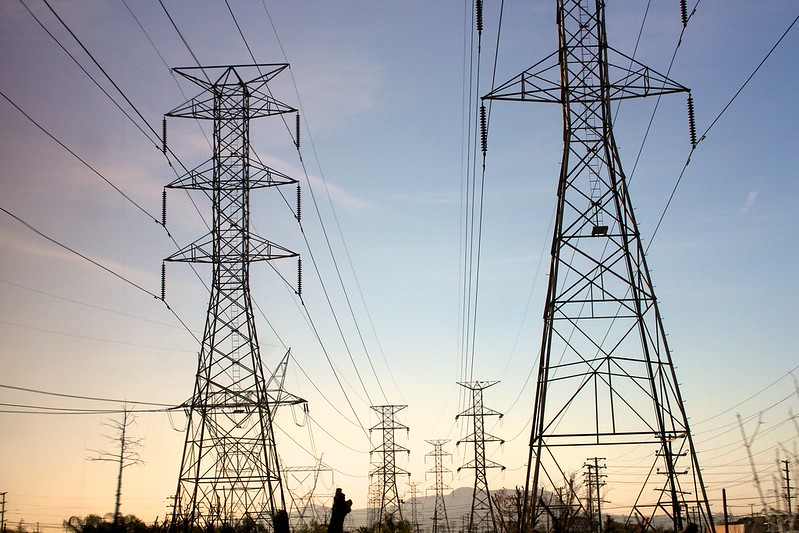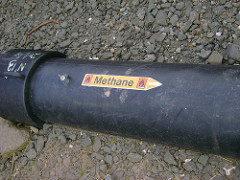The Colorado Public Utility Commission (CPUC) issued formal written orders on December 15 approving two utilities’ plans, pursuant to a new state clean air law, to shut down a number of coal burning power plants across the state. Under the orders, Xcel Energy, the state’s largest power provider, will decommission five coal-fired power plants, switch two plants from coal to gas, and build a new gas-fired plant in Denver. Black Hills Corp., another Colorado utility, will shut down two additional coal-fired units.
These innovative state-mandated plans have been the subject of growing interest among energy companies and environmentalists nationwide, particularly as federal efforts to pass cap-and-trade legislation have faltered. If successful, the Colorado strategy may serve as a model for other states; forward-thinking lawmakers can make progress on climate change objectives by using politically palatable clean air legislation as a vehicle to force dirty coal plants offline, or to block the construction of new coal facilities.
And yet, something is rotten in the state of Colorado. At the same time that Colorado’s clean air regulators are forging ahead towards a cleaner energy future, the state is poised to both export record amounts of dirty coal for combustion elsewhere, and import dirty electricity generated by a new coal-fired facility to be built in neighboring Kansas.
According to the Colorado Mining Association, Colorado is the 8th largest coal producer in the nation. In 2009, Colorado mines yielded nearly 29 million tons of coal, 71 percent of which was shipped to other states for combustion in power plants or industrial processes such as cement and steel making. With most of the rest of Colorado’s coal currently used by in-state utilities, the CPUC’s orders signal that even more Colorado coal will be sent elsewhere in coming years. (Notably, several companies are exploring the possibility of shipping U.S. coal to China and India via rail and sea, through expanded port facilities now under consideration by regulators in both Washington and Oregon).
And on December 16, Kansas’ secretary of health and environment issued an air quality permit to a controversial $2.8 billion coal project, just three weeks before new EPA rules on greenhouse gas emissions were to take effect on January 2, 2011. By approving the permit before the end of the year, Kansas regulators hoped the project’s sponsor, Sunflower Electric Power Corp., could avoid costly new emissions controls imposed by the federal rules. Sunflower’s plant, if built, would have 895 megawatts of capacity, three quarters of which (695 megawatts) would be reserved for sale under a long-term supply contract to a Colorado-based utility, Tri-State Generation and Transmission, Inc. It would appear that Colorado’s energy future may be less clean than the CPUC would have us believe.
Associate Director and Fellow, Center for Climate Change Law



